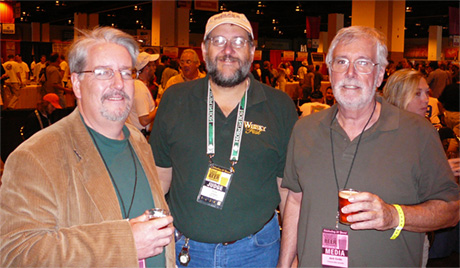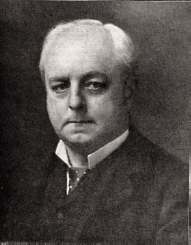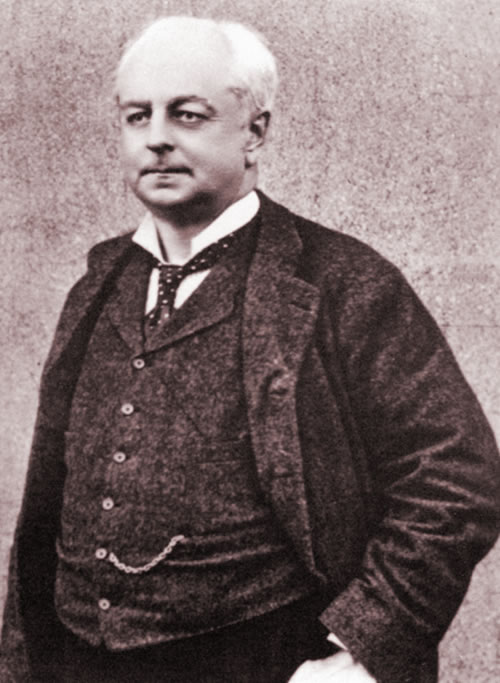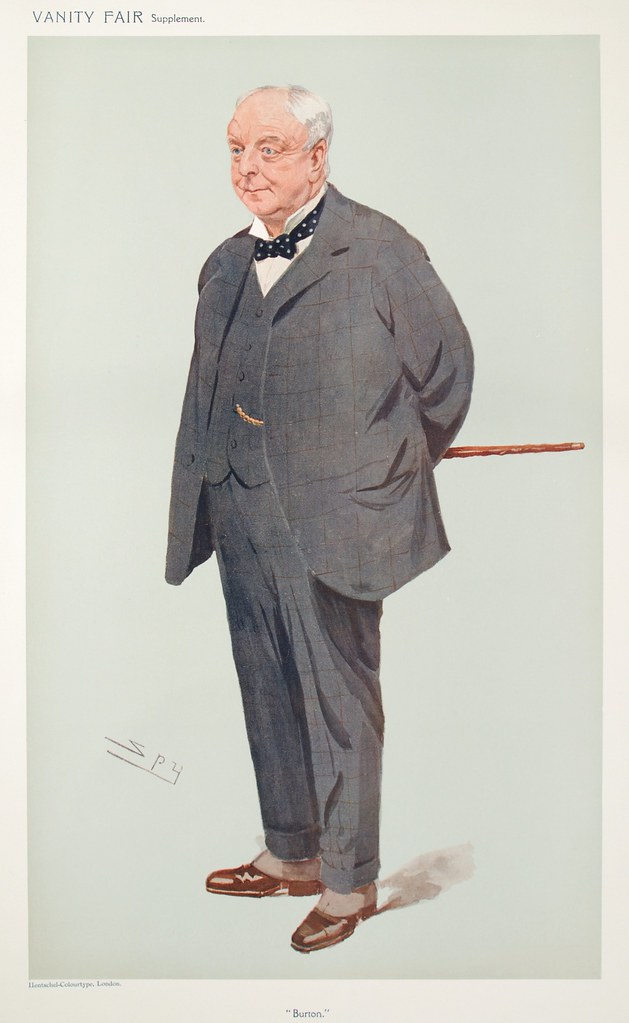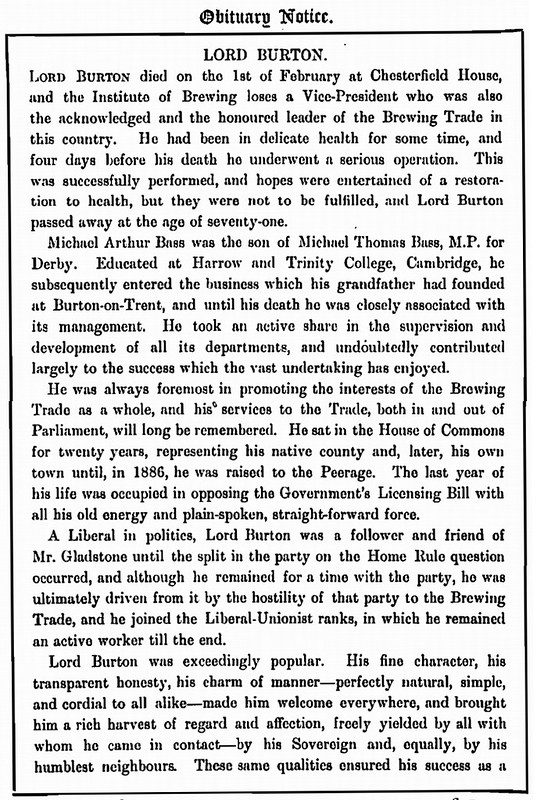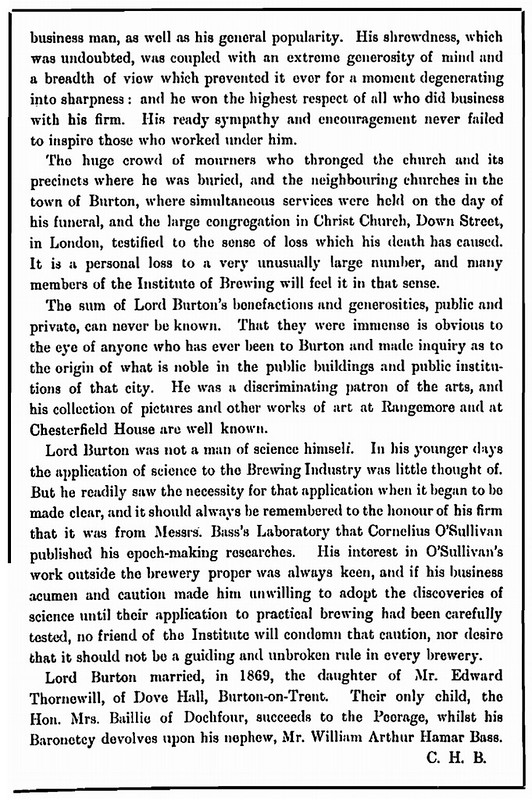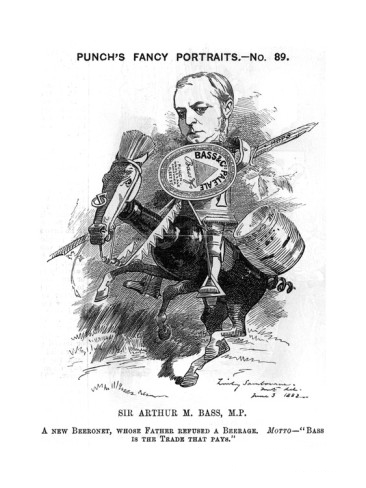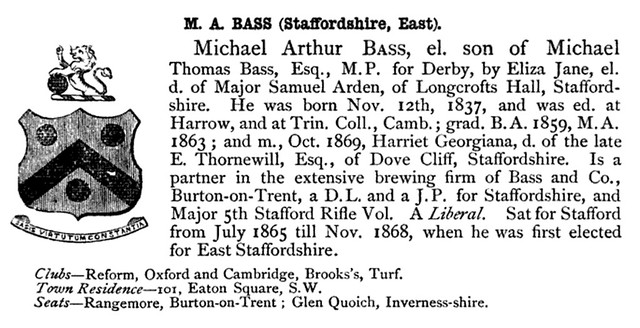
After taking a few months off from my “Beer in Ads” series, having finished documenting the Miss Rheingold ad campaign that lasted from 1941 to 1964, I thought it was time to bring back the ads, and decided to concentrate on Bock ads for the foreseeable future. Bock, of course, originated in Germany, in the town of Einbeck. Because many 19th century American breweries were founded by German immigrants, they offered a bock at certain times of the year, be it Spring, Easter, Lent, Christmas, or what have you. In a sense they were some of the first seasonal beers. “The style was later adopted in Bavaria by Munich brewers in the 17th century. Due to their Bavarian accent, citizens of Munich pronounced ‘Einbeck’ as ‘ein Bock’ (a billy goat), and thus the beer became known as ‘Bock.’ A goat often appears on bottle labels.” And presumably because they were special releases, many breweries went all out promoting them with beautiful artwork on posters and other advertising.
Thursday’s ad is for F. & M. Schaefer Bock Beer, and was created in 1897 for the F. & M. Schaefer Brewing Co. The lithographer was Jacob Ottman for the J. Ottman Lithographic Company, which was also the lithographer for the humor magazine “Puck.”
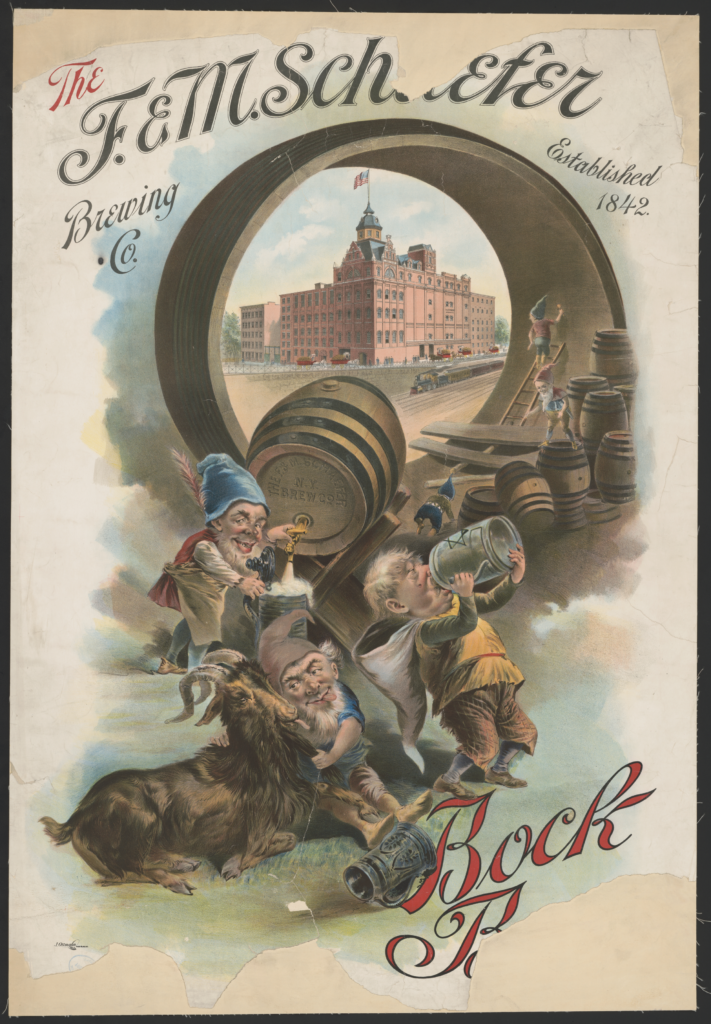



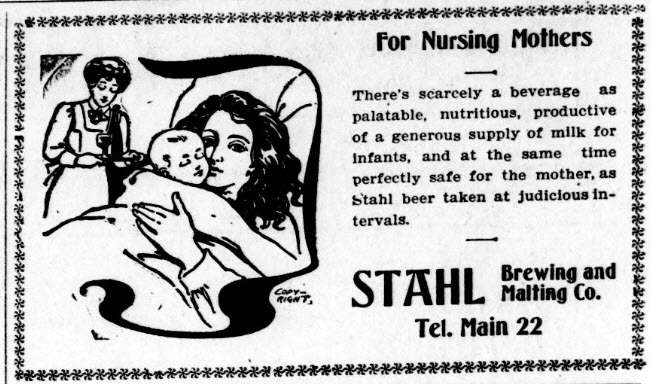
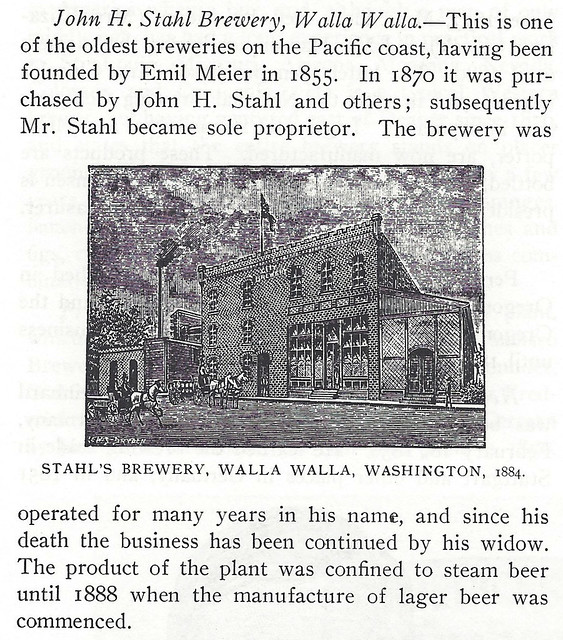

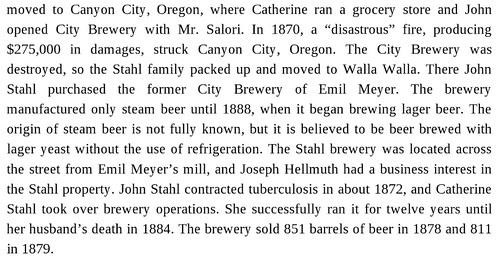
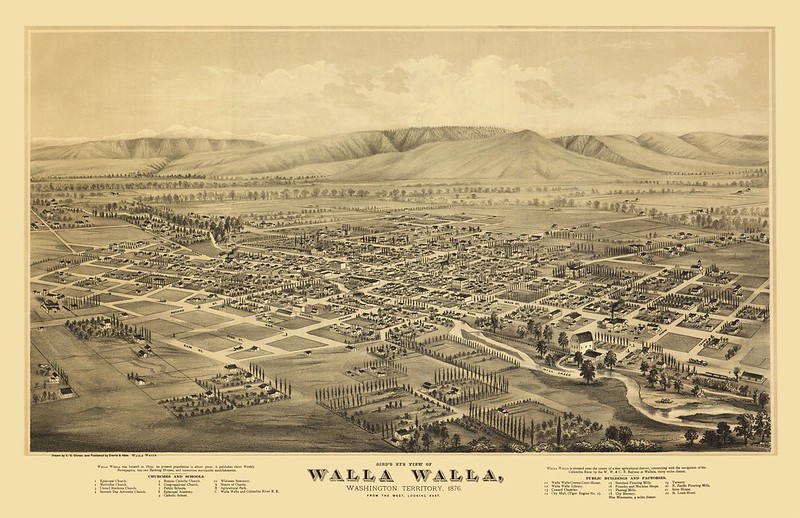




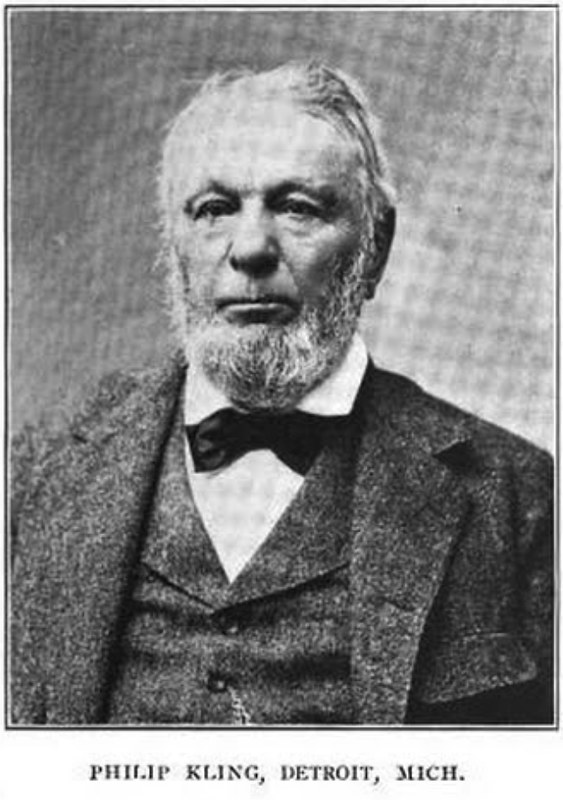
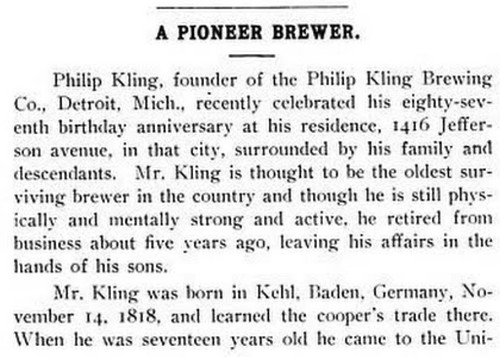
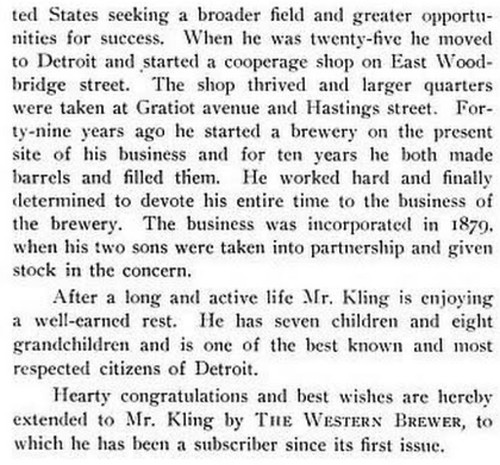
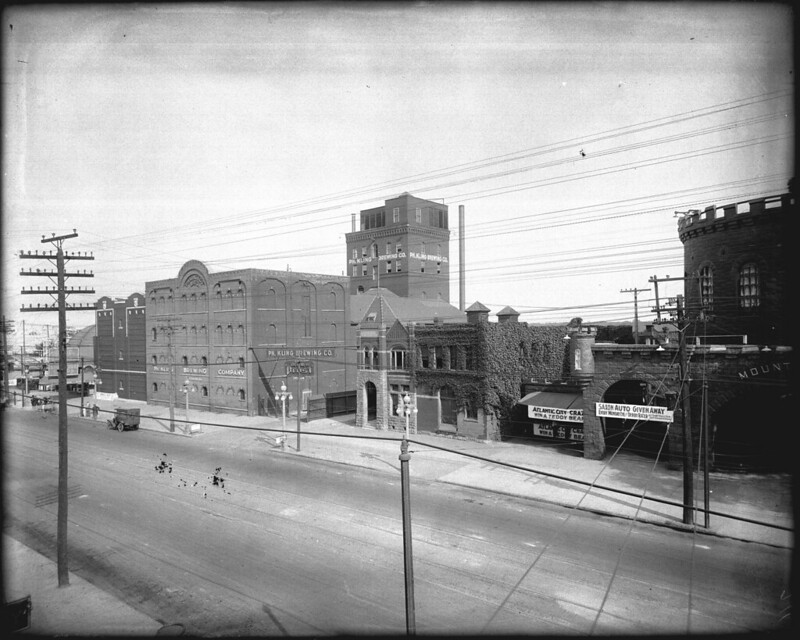
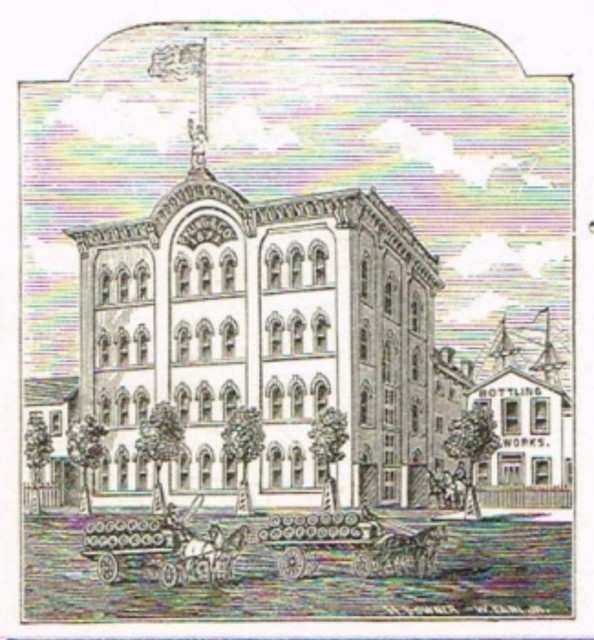
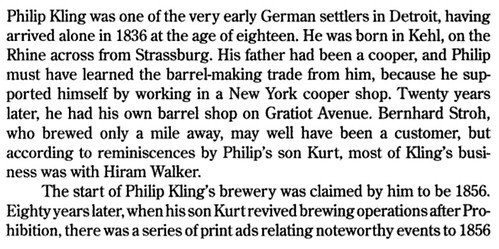
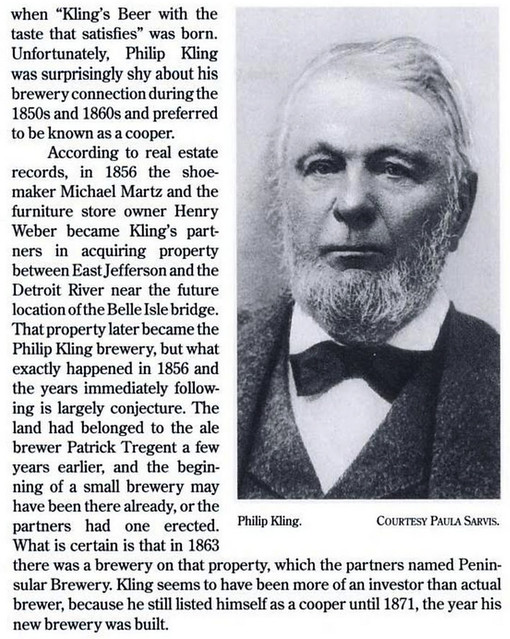
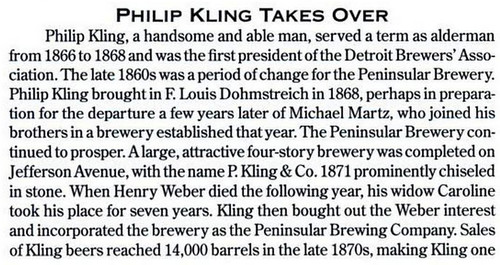
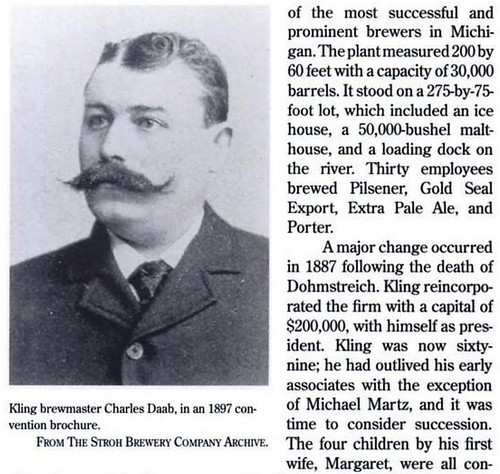
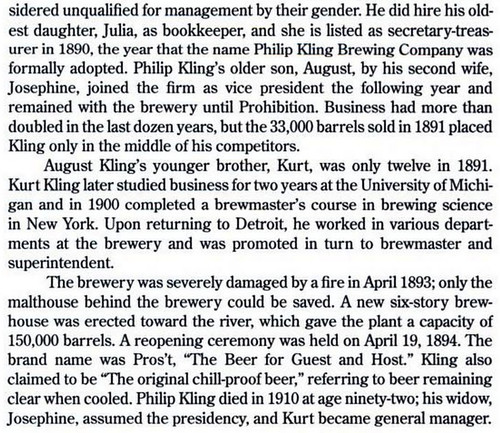
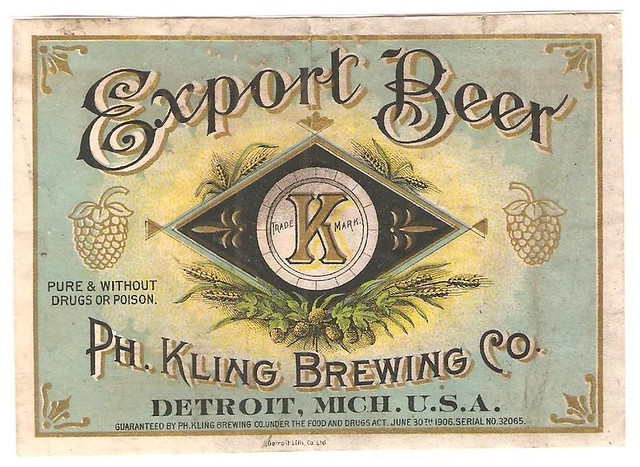
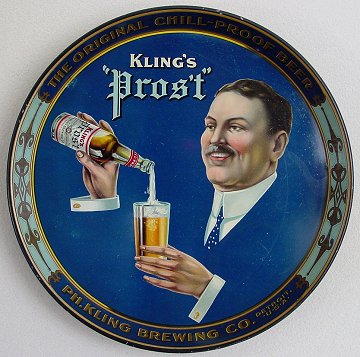


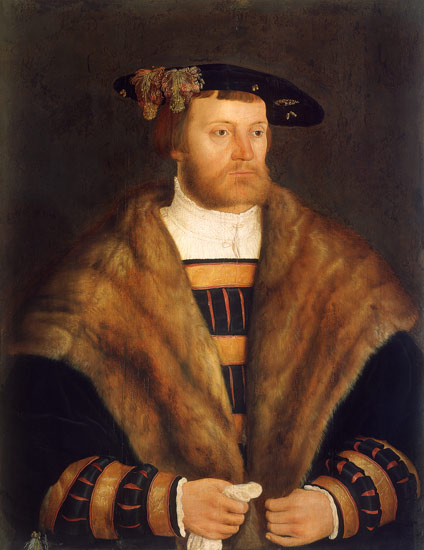
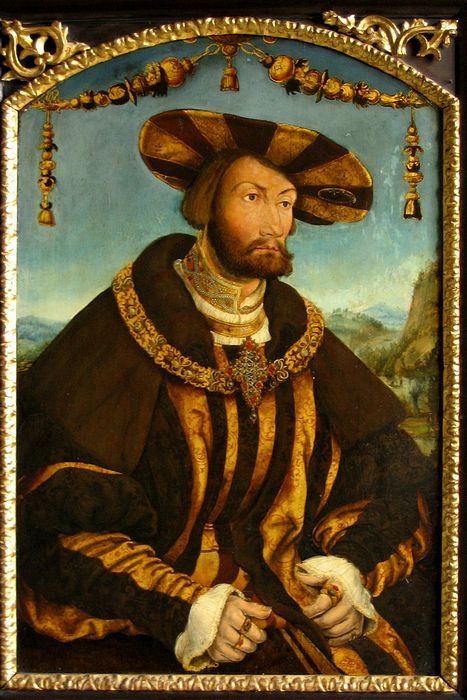
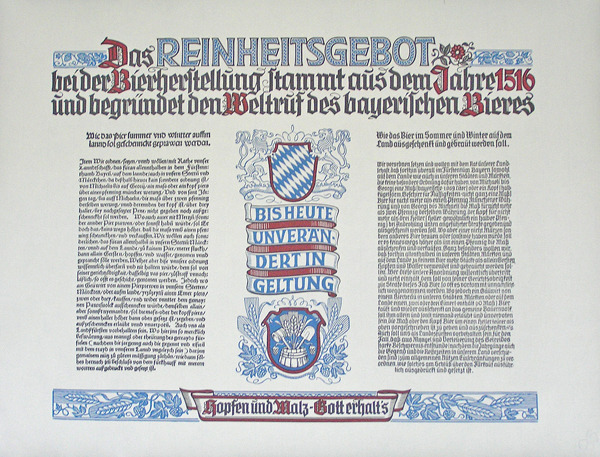





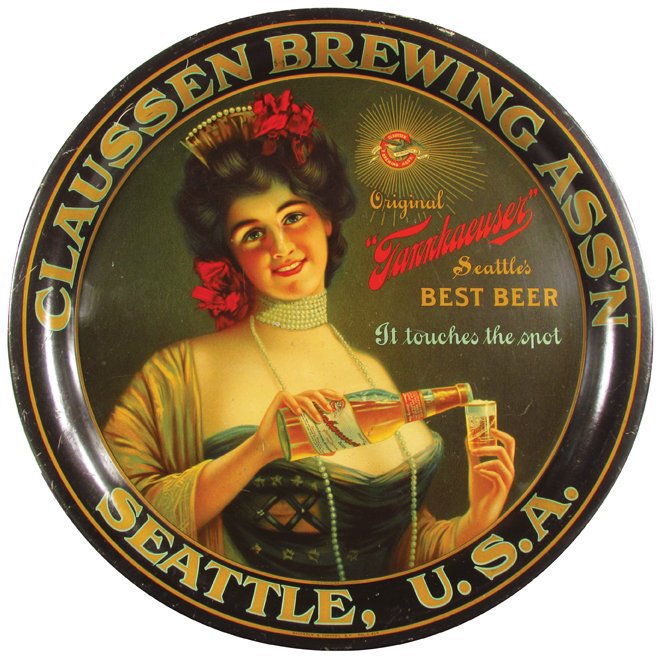











 Don (center) with me and Lisa Morrison at the Hofbrauhaus in Munich during a press junket to Bavaria several years ago.
Don (center) with me and Lisa Morrison at the Hofbrauhaus in Munich during a press junket to Bavaria several years ago.